If you were to ask yourself when America has faced the very worst drug crisis in its history the answer would be right now.
For the first time in U.S. history, fatal overdoses peaked above 112,000 deaths, with young people and people of color among the hardest hit.
Drug policy experts, and people living with addiction, say the magnitude of this calamity now eclipses every previous drug epidemic, from crack cocaine in the 1980s to the prescription opioid crisis of the 2000s.
Public health experts say fentanyl, a synthetic opioid far more powerful than heroin, is responsible for the majority of drug deaths. But the supply of illegal drugs is increasingly complex and perilous...
Drug deaths first began to soar in the U.S. in early 2020 - from an already devastating 65,000 a year - to what policy makers fear is a new baseline of more than 110,000 a year.
Fentanyl is mostly manufactured by drug cartels in Mexico and brought across the border by smugglers. The cartels get the chemicals used to make the drug almost exclusively from China. Today a House panel released a report which found that China continues to subsidize the export of fentanyl precursors.
China is fueling the fentanyl crisis in the U.S. by directly subsidizing the manufacturing of materials that are used by traffickers to make the drug outside the country, according to a report released Tuesday by a special House committee focused on countering the Chinese government.
Committee investigators said they accessed a government website that revealed tax rebates for the production of specific fentanyl precursors as well as other synthetic drugs as long as those companies sell them outside of China.
“Through its actions, as our report has revealed, the Chinese Communist Party is telling us that it wants more fentanyl entering our country,” said Rep. Mike Gallagher, the Republican chairman of the special House committee. “It wants the chaos and devastation that has resulted from the epidemic.”
Just last November President Biden had a discussion with Xi Jinping and then announced he'd made an agreement to crack down on the sale of precursor chemicals:
At the press conference, Biden announced that he and Xi reached an understanding about reducing the flow of fentanyl from China to the U.S.
"We're taking action to significantly reduce the flow of precursor chemicals and pill presses from China to the Western hemisphere," Biden said. "It's going to save lives and I appreciate President Xi's commitment on this issue."
Specifically, the US had convinced China in 2019 to regulate fentanyl as a narcotic and to stop selling it and its precursor chemicals in the US. China did that but the same companies quickly began selling all of the precursors to drug cartels in Mexico. Last November, Xi finally agreed to state publicly that selling these chemicals to drug cartels was illegal. That sounds like progress but in fact nothing has changed. This is from the report itself.
Although the acknowledgement of illegality in the Notice is important and long overdue, there is scant evidence that this Notice has deterred the PRC’s chemical producers from engaging in illicit activity. The PRC government does not police the mass exportation of these substances abroad. There is little to no record of any PRC prosecutions for exporting these substances or any tangible reduction in PRC-based drug trafficking. This is in stark contrast to the PRC’s prosecution, including of foreigners, for domestic drug trafficking. For years, the U.S. government has repeatedly brought cases and evidence to the PRC government’s attention and asked them to prosecute the offenders under its own laws. Based on discussions with former government officials and a review of PRC criminal law databases, with the exception of one case, the PRC government has thus far refused.
China's government has known for at least five years what is going on here but has flatly refused to intervene. So long as the chemicals leave the country they wink at it and no one is prosecuted. And as mentioned, China's government is doing more than ignoring this legally, they are subsidizing it financially. The companies making these precursors are getting tax rebates. In fact, some of the companies producing the chemicals are government owned. The report makes clear that there is no legitimate use for any of these chemicals.
As part of our investigation, the Select Committee obtained materials showing that, as far back as 2018, the PRC central government’s Value-Added Tax (VAT) rebate system incentivized the export of at least 17 illegal narcotics that are Schedule I controlled substances and have no legitimate purpose. This includes 14 fentanyl analogues...
The PRC also continues to subsidize 13 other illegal drugs with no known legitimate purpose, such as PCP (“angel dust”), MDMA, illicit amphetamines, cathinones, and synthetic cannabinoids.viii All of these illegal synthetic narcotics receive a full tax rebate, the maximum potential subsidy under this system.
China claims it can't crack down on these companies because it doesn't know who is selling these illicit chemicals, but like a lot of what China says that is a lie.
Ruizheng, also known as “the Richest Group,” is a notorious seller of fentanyl products, which it advertises widely and openly on Chinese websites like Alibaba.80 Despite this, Ruizheng not only received PRC government awards but was also invited to PRC provincial government roundtables, such as a 2021 event discussing how small- and medium-sized technology businesses can contribute to the 14th Five-Year Plan.
In another instance, Gaosheng Biotechnology—which a prominent think tank report identified as a prolific online seller of fentanyl precursors and synthetic narcotics—received government awards and site visits from PRC government officials while it openly advertised the sale of illegal narcotics online.
Keep in mind that the entire Chinese internet is under the constant eye of authorities. There is nothing happening there that they do not tacitly allow. And once you accept that this is part of a plan, it becomes obvious that China is profiting from this in more ways than one. That is why they keep doing it.
In addition to being consistent with the PRC government’s tacitly approved strategies, the enabling of fentanyl trafficking also provides another value: diplomatic leverage. As Brookings Institution’s Vanda Felbab-Brown has previously testified, “Unlike the U.S. Government, which seeks to delink counternarcotics cooperation with China from the overall bilateral geostrategic relationship, China subordinates its counternarcotics cooperation to its geostrategic relations.” Put another way, illicit fentanyl is not a scourge to eradicate, but one of many items to negotiate. The PRC government suspended all counternarcotics and law enforcement cooperation with the United States, for instance, after House Speaker Nancy Pelosi visited Taiwan.
Fentanyl is also a valuable rhetorical and propaganda tool for the PRC government. Through its state owned organs and the PRC embassy, it decries the decadence of American-led western democracies, stating that the “root cause of U.S. fentanyl abuse problem is in itself” (i.e., the United States) and that the PRC will “not bear the responsibility for the abuse of fentanyl.”
The report ends with a list of solutions to combat the trafficking of chemicals and money connected to this trade. They all sound a bit bloodless in light of the massive body count of Americans caused directly by China decision to allow this trade to continue. As many as 70,000 people a year had died in just the last three years and that doesn't' count the hundreds of thousands more who have suffered with addiction and almost died as a result. This is asymmetric warfare and our response shouldn't be limited to sanctions or tariffs, especially not after years of evidence that China is doing this on purpose.
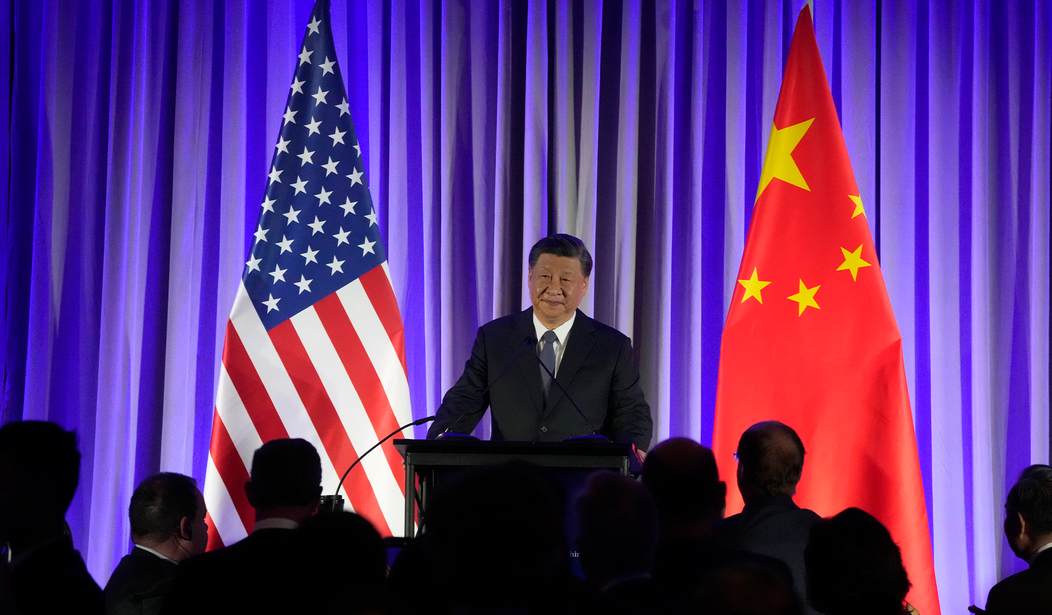
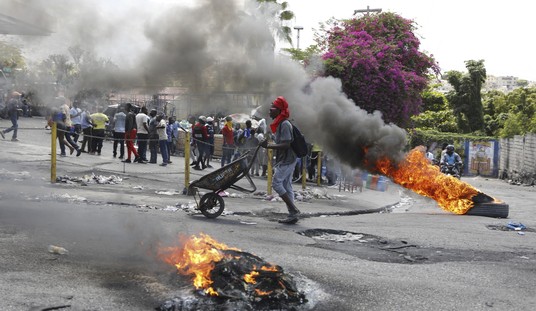
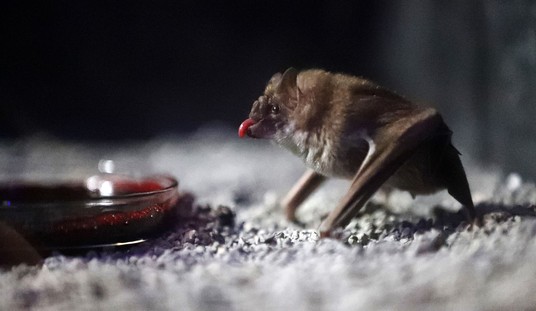
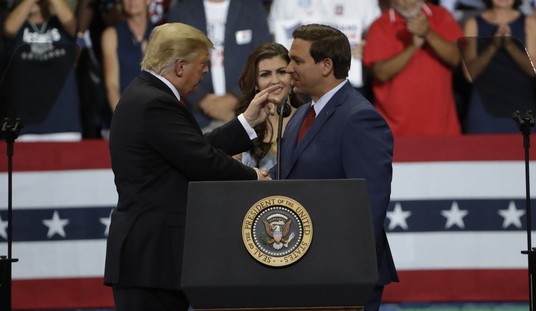



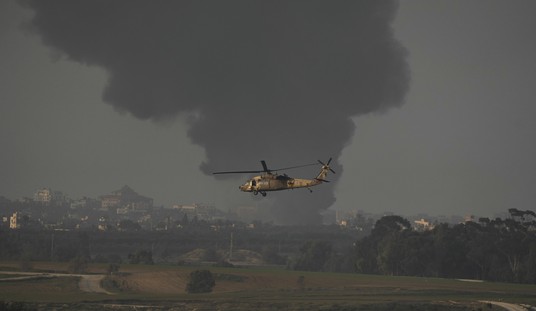
Join the conversation as a VIP Member